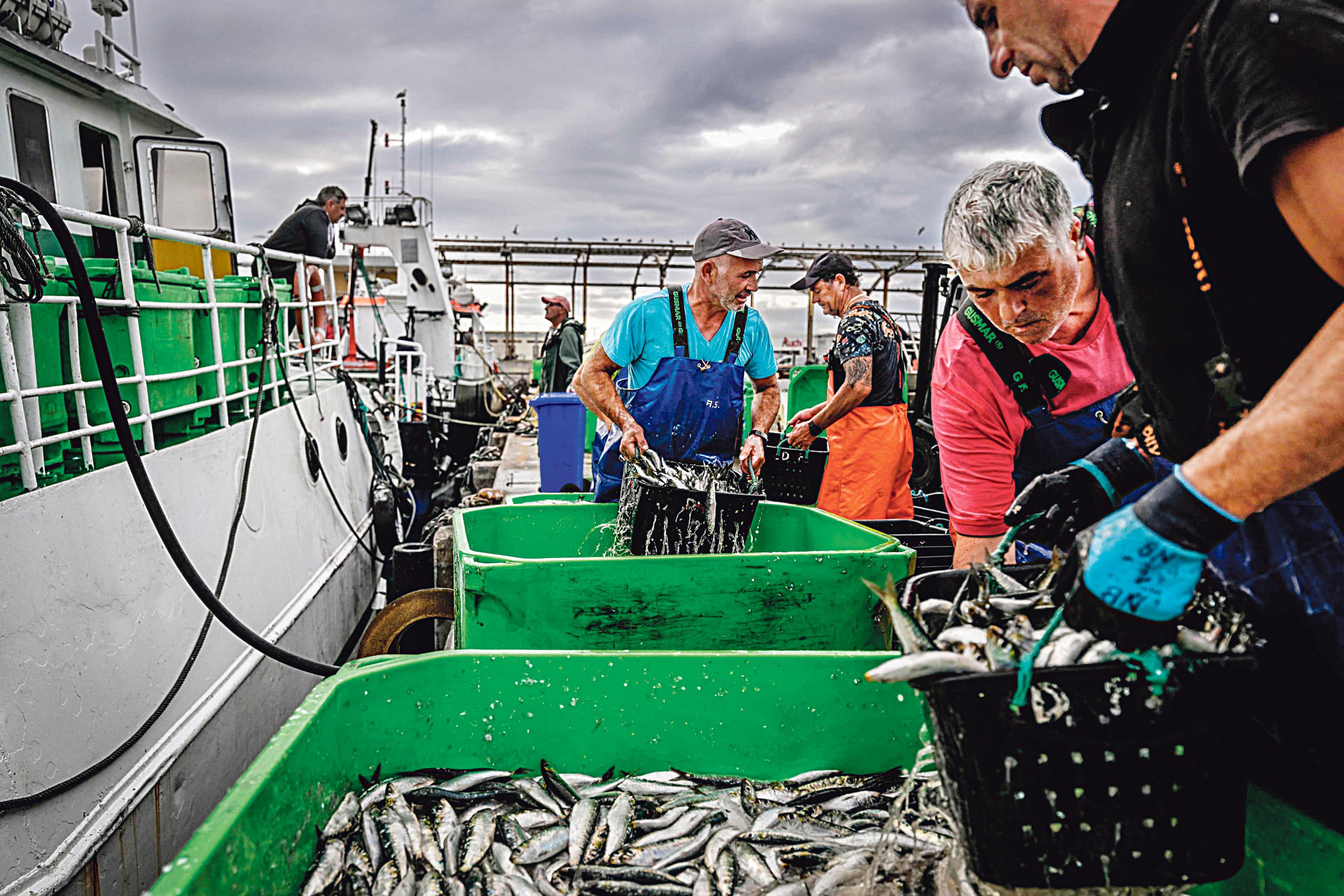Why should the refugee integrate and not the knowledge migrant? In Amsterdam the council votes on a course for expats
/s3/static.nrc.nl/images/gn4/stripped/data133534176-273b7b.jpg|https://images.nrc.nl/hifRdY_o7N2BTiJVjc123nr7rsc=/1920x/filters:no_upscale()/s3/static.nrc.nl/images/gn4/stripped/data133534176-273b7b.jpg|https://images.nrc.nl/fV3rqeXFg5HV27G92q0xtp6uzMU=/5760x/filters:no_upscale()/s3/static.nrc.nl/images/gn4/stripped/data133534176-273b7b.jpg)
The message was nor friendly. ‘Buy GWN your own bike, KK Expat’, was chalked in large white letters on the window of an Amsterdam Swapfiets branch. It was, an employee told local news channel AT5 after screaming the graffiti, not for the first time that this happened. The provider of a monthly cancellable bicycle subscription appears to be the ideal target for those who find internationalization in the city too far.
In 2010 there were 26,300 expats – or international knowledge migrants – in Amsterdam, in 2022 there were already more than 90,000. This number, according to figures from Economic Research Office Decisio, increases by more than 10 percent annually. Their tens of thousands of partners and children, international students and PhD students are not yet included. Amsterdam has more than twice as many expats – usually highly educated, temporary employees with an upper modal salary – as labor migrants, who often do practical work. There are even about ten times more expats than asylum seekers or status holders.
Nothing is expected from expats, in fact: they get 30 percent tax discount for five years
It is time, according to the Amsterdam city council, to work on the integration of these knowledge workers. On Wednesday or Thursday, a proposal from PvdA member Lian Heinhuis will be voted for a ‘Citizenship course’ for expats. The idea is to let the companies that bring them here to be contributed. Dutch language lessons, explanation about local culture and practical matters (general practitioner, traffic rules) must be part of the program, as well as a link with neighborhood initiatives and volunteer organizations.
Heinhuis finds it logical. « Why don’t migrants who have fled for a war require integration and migrants with a generous salary not? Nothing is expected at all, in fact: they get 30 percent tax discount for five years. » The councilor emphasizes that Amsterdam has grown through migration and that she finds different cultures in the city a wealth. At the same time, she wants to « protect the social character of Amsterdam and ensure that people have real contact, » that is in everyone’s interest. « The expat is also a person, with more needs than work and income. » Companies, she thinks, must realize that they play a social role in society.
Meeting in English
While nationwide is mainly about limiting the asylum current, residents of the capital seem to be busier about fellow Amsterdammers who work at companies such as Uber and Booking.com. In one panel research From AT5 and Regional Omroep NH from 2023, expats are called ‘a scourge’ and ‘parasites’. They « float up the house prices, » said the panel members, « refuse to learn Dutch » and get « the soul from the city. »
Emil Schröder (61, « himself import from The Hague ») expresses it a bit more neutral. His impression is that expats make ‘damn little effort’ to make contact. He experiences this especially in his building, a complex with 28 apartments of which, according to his last count, 23 are now inhabited by expats. When he organized a neighbor’s drink, only the three Dutch people showed up. A round along the doors for introduction was not appreciated. « They really looked at me so much: go away. » It is awkward too. For example, VVE meetings are nowadays in English. « Terrible. There is now a problem with the stand lines, just explain that. If a techie comes along, then it’s about the Cievie Kettle. »
Eva Benderdouch (41) moved to Haarlem because she felt less and less at home in Amsterdam Oud-West, the place where she grew up. The owner-occupied houses next to her always changed from foreign owner so quickly that she no longer knew or the people who walked in and out were residents, visitors or brokers. Her youngest son started talking English at home: on the day care center he was the only child with Dutch parents. When she taught her daughter to cycle, an angry expat almost knocked over the girl. « That woman shouted that this was not the intention. I explained to her that this was the intention that people in Amsterdam pay attention to each other. »
With the cooperation of Leonie van Nierop

/s3/static.nrc.nl/wp-content/uploads/2025/06/12195350/web-1206SPOpromes.jpg)
:format(webp)/s3/static.nrc.nl/wp-content/uploads/2025/06/05082658/data133175350-349c0f.jpg)
:format(webp)/s3/static.nrc.nl/wp-content/uploads/2025/05/30202505/data133024476-6122b7.jpg)



